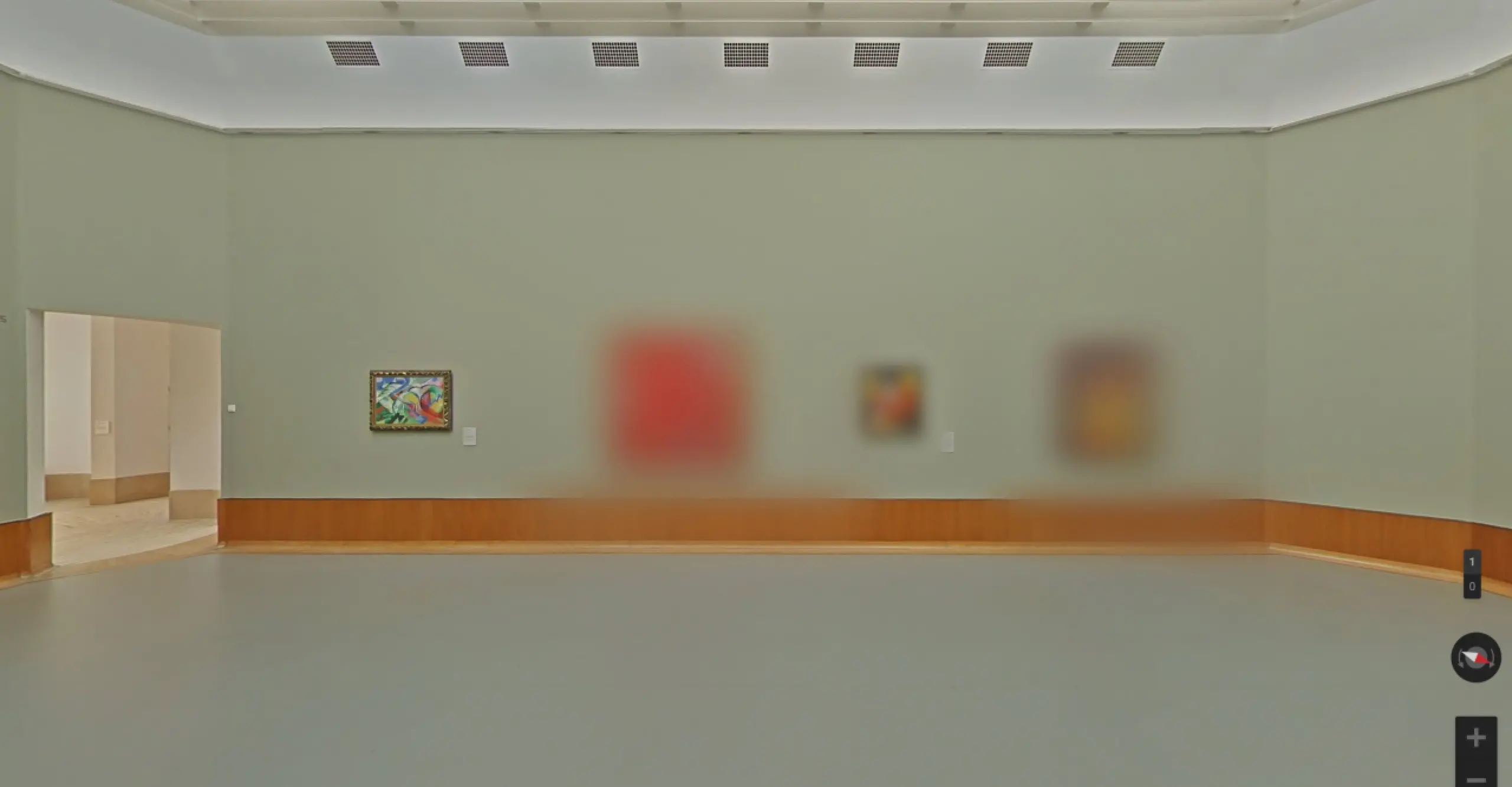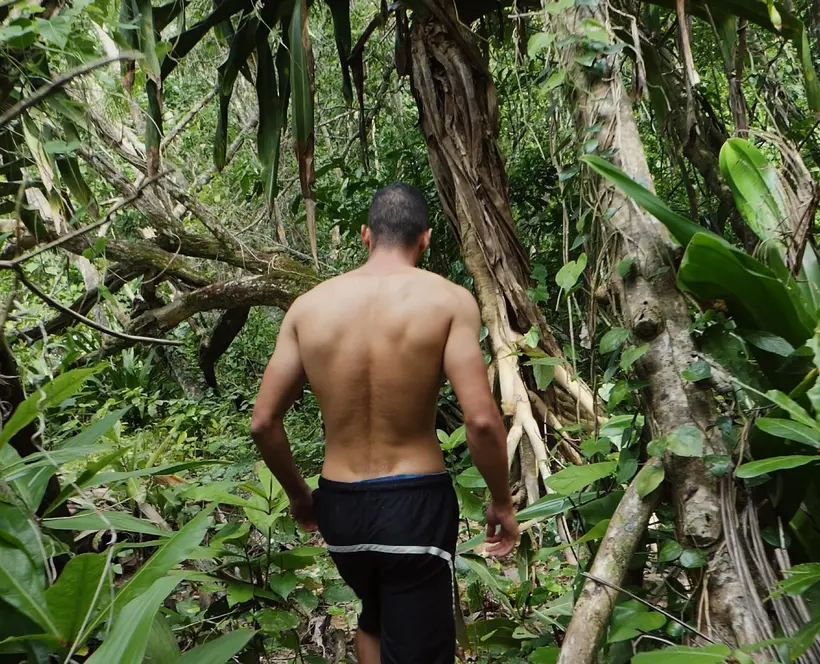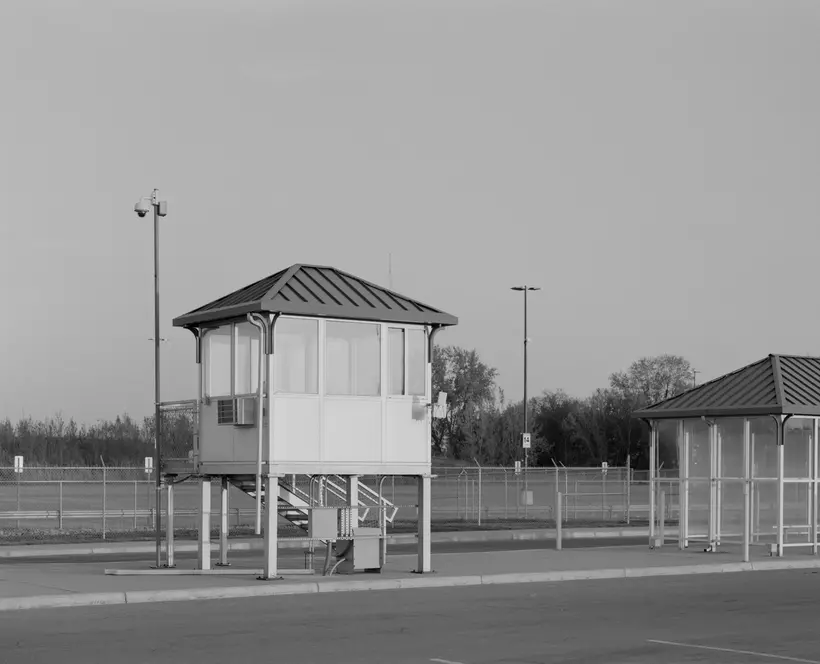Creatives are increasingly turning toward digital technologies to find expression and to circulate their work more widely. The move to innovate online has accelerated exponentially in the wake of Covid-19. This shift has implications beyond the current global health pandemic, however, and the nature of our cultural engagement is changing indelibly. This course takes the ‘digital turn’ as a starting point to address and interrogate the possibilities and challenges for artworks, publics and institutions.
Through close readings, presentations and discussion, the course will be supported by key texts on the development of the photographic image in the digital age and theories surrounding access, visibility and digital territories for culture on the internet. It also provides an invitation to challenge existing infrastructures that support the production, distribution and reception of photography by inviting participants to present project proposals to the rest of the group.
Led by curator and writer Lynton Talbot, Rules of Engagement is particularly developed for artists, researchers, photographers, curators and other cultural producers. It aims to develop an expanded and expanding understanding and critique of digital space in these increasingly complex times for photography and moving image.
Schedule
Session 1 (Mon 1 Nov)
In this session you will be introduced to the course and to each other. We will look at the course content focussing on some of the central ideas that will be explored. We will look at the course structure, reading materials and how to access them and then introduce the practice-based task. There will be some prior reading sent out that will inform a short ‘get to know you’ exercise in groups with your peers.
Session 2: Close Reading session — Hito Steyerl In Defence of the Poor Image (Mon 8 Nov)
In this session you will have read Hito Steyerl’s In Defence of the Poor Image in advance of the class. We will together explore the key ideas and concepts in this important text on digital photography and consider the different ways images now circulate online. What kind of power structures determine what we see? We will also consider the different statuses of photography in an age where images are ubiquitous and endlessly circulated.
Week 3: Close Reading session — Legacy Russell Glitch Feminism (Mon 15 Nov)
In this session you will have read an excerpt from Legacy Russell’s Glitch Feminism. Following on from Steyerl’s critique of images and their relations to power structures, Glitch Feminism is concerned with identifying and maintaining an ‘in-between’ space online. A space that can radically accommodate invention, complexity, multiplicity and rights. This is squarely located in the realm of race and gender theory but Russell also asserts that exclusion is driven by money and cannot be extracted from capitalist systems of control. The glitch is usually understood as an obstacle to function or a problem. By viewing it as a pause, a change of direction, a newly directed gaze, we instead stay there and develop strategies for occupying these places as more equitable zones for our work.
Week 4: Practice project discussion (Mon 22 Nov)
In the third week of the course, we begin to discuss your own work. With our close examination of the nature of the image online (Steyerl) and the possibility to re-think online space (Russell), we can use this session for open discussion and group tutorials to develop your own ideas in relation to the practice project. You will be expected to bring thoughts to share with the group and we will foster an environment of discussion and exchange based on key questions that emerged from the prior sessions. We will look to implement some of the thinking within your own practice proposals. Some additional texts will be introduced such as artist poet and curator Anais Duplan.
Week 5: Close Reading session — Tina Campt Listening to Images (Mon 29 Nov)
In this session you will have read an excerpt from Tina Campt’s Listening to Images. We will together think about different ways to read (or in this case hear) images. Campt considers what it is to ‘listen’ to images rather than look. By listening closely to photography, she posits you can engage with lost archives of the historically dismissed. Engaging with photographs through sound, Campt looks beyond what one usually sees. She hears in these photos — which range from late 19th century ethnographic photographs of rural African women and photographs taken in an early 20th century Cape Town prison to post-war passport photographs in Birmingham, England and 1960s mug shots of the Freedom Riders — a quiet intensity and quotidian practices of refusal.
Week 6: Presentations and Critique (Mon 6 Dec)
In this final session, participants will present their project proposals to the rest of the group where questions will be asked and discussion of the projects will be encouraged. This mode of critique, in art schools historically ‘crits’ are designed to encourage each person to articulate their ideas, contextualise them inside a particular line of thought or existing discourse and place their own work and ideas inside it. The tutor and more importantly your fellow peers will be invited to comment, discuss and perhaps gently challenge some of the ideas and claims in order to help strengthen each individual’s proposal.
Biography
Lynton Talbot is an independent curator based in London, working collaboratively with artists to produce text, exhibitions and live events. Together with Hana Noorali, he started non-profit galleries in both London and Berlin and has curated exhibitions in commercial galleries, public institutions and project spaces across London and internationally. He has written for Art Monthly, Art Review, various Journals and exhibition catalogues and has taught Curating and Fine Art at Goldsmiths, Chelsea, Kings College, London and Sandberg Institut, Amsterdam among other places in Europe and the UK. From 2018-2020 he convened Museum Curating Now at Tate as part of their Public Programme.
Lynton Talbot is also founder of Parrhesiades, a multi-platform project space for artists who work with language either written, spoken, or otherwise performed. He is also a founding participant in OFFSHORE, an itinerant performance company and pedagogical structure, initiated by Cally Spooner in 2017. OFFSHORE has gathered at The Swiss Institute, New York; The M Museum, Leuven; CCA, Singapore; Centre for National Dance, Paris; Serpentine Galleries, London; The Whitechapel, London.
In 2019 Lynton co-curated with Hana Noorali The Season of Cartesian Weeping at The David Roberts Foundation for their annual curator’s series and in 2021 their book, Intertitles, an anthology at the intersection of writing and visual art was published by Prototype Press. Forthcoming projects include an exhibition at The Amant Foundation New York with Quinn Latimer and an exhibition at Galerija Prozori, Zagreb.
Bursaries
A number of partial bursaries covering 50 per cent of course fees will be awarded on merit. Applicants who wish to be considered for a partial bursary should submit a statement (max. 500 words) to projects@tpg.org.uk, outlining how Images in Transition: The Challenge of Digital Space would contribute to their professional development. Deadline is 23.50 BST on Mon 18 Oct, successful applicants will be notified by end of day Fri 22 Oct.
We actively encourage applications from groups who are currently underrepresented in the cultural sector in the UK. This includes people who identify as D/deaf, disabled* and neurodivergent; those with caring responsibilities; candidates from Black, Asian and ethnically diverse backgrounds; and arts and culture professionals whose career development has been negatively impacted by Covid-19, prioritising independent artists, freelancers and those made redundant/at risk of redundancy since 2020.
*The Equality Act 2010 defines a disabled person as someone who has a physical or mental impairment, and the impairment has a substantial and long-term adverse effect on their ability to carry out normal day-to-day activities. Sharing that you are disabled will not be used in any way in judging the quality of your application.
By booking for this event you agree to our Terms & Conditions.



